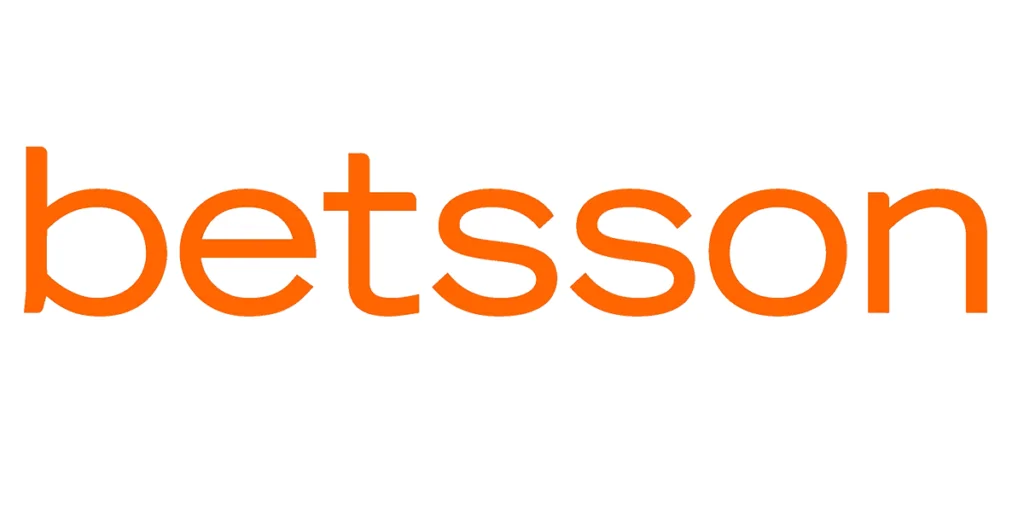
Effective immediately, Rizk Nordic Limited, a licensed entity under the Malta Gaming Authority, will assume responsibility for overseeing Betsson’s gaming services within the European Union.
In response to regulatory challenges, Betsson has undertaken a strategic manoeuvre by transferring its brands to a new holding company entity. This decision follows the inclusion of Betsson’s subsidiary, BML Group Ltd, on Finland’s National Police Board (NPB) payment blocking list. The company has taken decisive action to navigate these challenges and ensure the continuity of its operations.
Betsson Transfers Control to Rizk Nordic Amidst Growing Regulatory Challenges
Effective immediately, the gaming services provided by Betsson to customers residing in the European Union, excluding Sweden and Ireland, will now be overseen by Rizk Nordic Limited, a Malta Gaming Authority (MGA)-licensed entity.
This transition, clearly visible on Betsson’s official website, signifies a significant change in the operator’s licensing structure. Legal experts view it as a strategic move aimed at navigating Finland’s stringent regulatory framework.
Formerly licensed under BML Group, Betsson’s shift to Rizk Nordic Limited is seen as a calculated response to Finland’s payment blocking order issued on February 29. In accordance with this order, the National Police Board (NPB) directed banks, payment service providers, and crypto entities to block all payments from Finland to blacklisted gambling businesses, which included Betsson and 13 other brands.
The legal nuances of Finland’s blocking law revolve around the holding licensee rather than individual brands, potentially enabling operators to circumvent payment restrictions. Betsson’s decision to appeal the case to Finland’s Supreme Court underscores its determination to challenge the allegations made against it.
Betsson Ensures Regulatory Adherence Despite Scrutiny, Explores Future Licensing Options
Betsson representatives affirm the company’s adherence to regulatory directives and deny allegations of specifically targeting the Finnish market. Navigating the intricate regulatory landscape of Finland has led industry experts to speculate on potential ramifications for Betsson’s future licensing prospects in the country.
Finnish market expert Antti Koivula underscored on X (formerly Twitter) the broader implications of Betsson’s actions, suggesting that the ongoing dispute could affect its eligibility for licensing when Finland transitions to a new gambling regulatory system by 2026. Previous cases in other markets, such as the Netherlands, indicate that a company’s regulatory compliance history can significantly influence licensing decisions.
In November, Veikkaus, the Finnish state-owned gambling operator, announced substantial restructuring measures, including job cuts and operational changes, in preparation for the country’s shift from a gambling monopoly to a partial multi-license system by 2026.
Additionally, Koivula pointed out the criminal liabilities associated with illegal gambling marketing under Finland’s Criminal Code, indicating potential legal consequences for individuals involved in non-compliant activities within gambling companies.
As Betsson navigates through this regulatory challenge, its strategic decisions will not only shape its immediate operational landscape but also impact its long-term standing within the evolving regulatory frameworks of international gambling markets.
